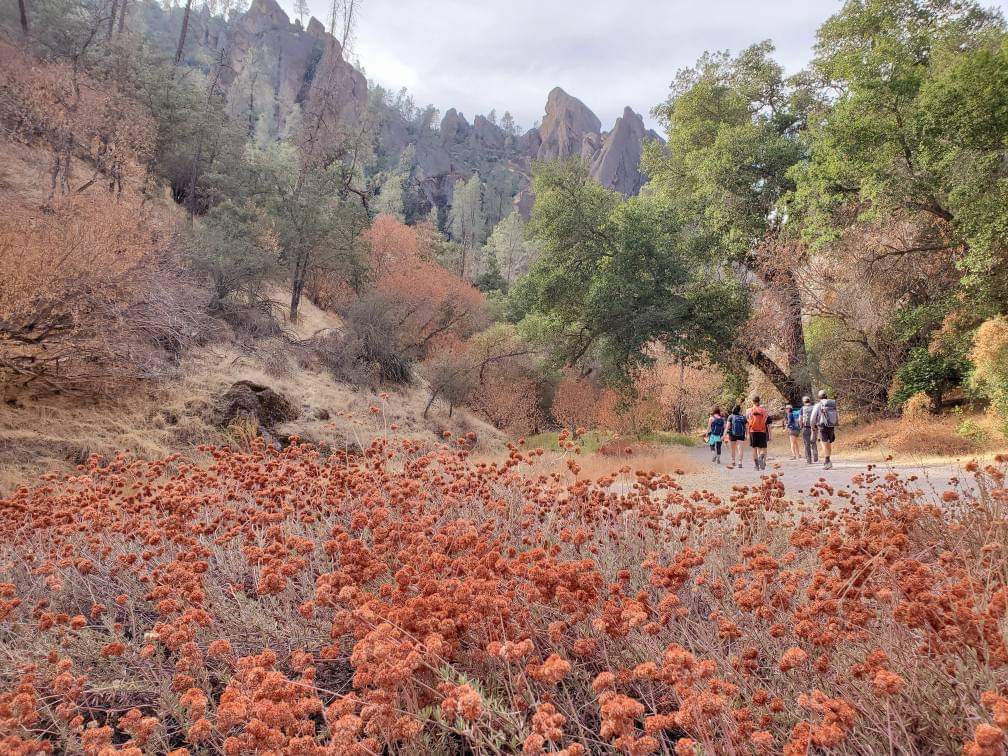
Used and returned REI apparel is ready for resale at a northern California warehouse
REI has long enjoyed a reputation of selling quality, high-end gear for serious outdoor adventurers. The brand’s stores are a nature-lover’s paradise, with an abundance of equipment for camping, hiking, climbing, cycling, running, swimming and more. Now, within the retail sector, REI is well on its way to becoming a major player in the circular economy.
As the largest consumer co-op in the U.S., some of REI’s profits go back to its customers through membership rewards. As for its retail employees, benefits include healthcare, a retirement plan, sick leave and vacation time. Today, the brand credits itself as one of the first major retailers to sell used gear and rentals. In 2021 alone, REI grew its used gear revenue by 86 percent from the previous year.
And on the social sustainability side, REI recently launched a fund that it says will help to promote racial equity in the outdoors.
Ken Voeller, circular commerce and new business development director of REI, said the company noticed a large uptick in sales at the beginning of the pandemic, with COVID-19 pushing people to spend time outdoors and search for reliable equipment — hence that aforementioned surge in used gear sales.
Voeller says the company’s goal is to maximize the lifespan of its products while minimizing any impacts on the environment. As he shared with 3p, any effort that REI would have used to create a brand new product is instead put back into selling an item of used gear. Those results add up: On average, the shipping, cleaning, and re-merchandizing of apparel and outdoor gear emits 50 percent less carbon than producing a new item.
“We’re starting to see the convergence of customers really wanting to shop with their values,” Voeller explained.
Through the work and research its sustainability team has taken on, REI has estimated that some resold and reused products, like bikes, can even emit 90 percent less carbon than manufacturing a new one.

REI's used gear program is simple: First, customers bring their products into one of REI’s retail stores for an associate to evaluate. Those who bring in such gear are able to receive their credit immediately and are often offered 50 percent of the original retail price. If they decide to follow through with the trade-in, they receive credit in the form of an REI gift card.
“We’re maximizing the useful life of a product,” Voeller explained.
REI then puts the used gear through a rigorous cleaning and inspection process to ensure it’s in good working condition for its second life. The products are then sold on the REI website and in almost all 174 retail locations for roughly half of the original price.
The majority of customers purchasing used gear are a younger, more diverse audience who tend to shop with both money and sustainability in mind, Voeller said. By promoting a combination of new and used gear, REI has positioned itself as a company for everybody and every budget. “At the end of the day, what we’re working toward is to see less and less of a distinction between our new and old products,” Voeller told 3p.
In 2021, REI sold used gear to more than half a million customers — and the company has aspirations to grow even more. “We really need this to be a billion-dollar business,” he said of used gear sales, stressing that the environment depends on businesses adopting sustainable retail practices.
As of May, REI has rolled out its trade-in program to almost all retail locations. Meanwhile, the co-op says it is committed to reducing its annual carbon emissions by 55 percent by 2030 as part of its efforts to tackle climate change.
Image credits: Leon Kaye

Katie LaMarca is a writer based in Madison, WI. She is passionate about sharing stories encouraging thoughtful and sustainable consumption of food, clothing and other products. She has written for the telecommunications industry, a national out-of-home advertising agency, a world-ranked university, various news outlets and more. In her free time, Katie enjoys traveling, yoga and cuddling her two food obsessed, anxiety-ridden cats.














